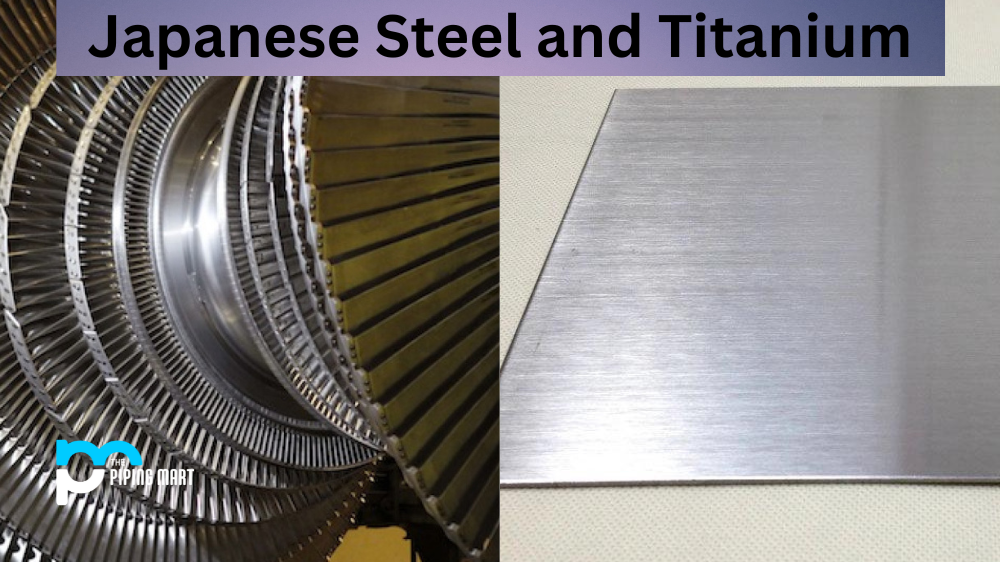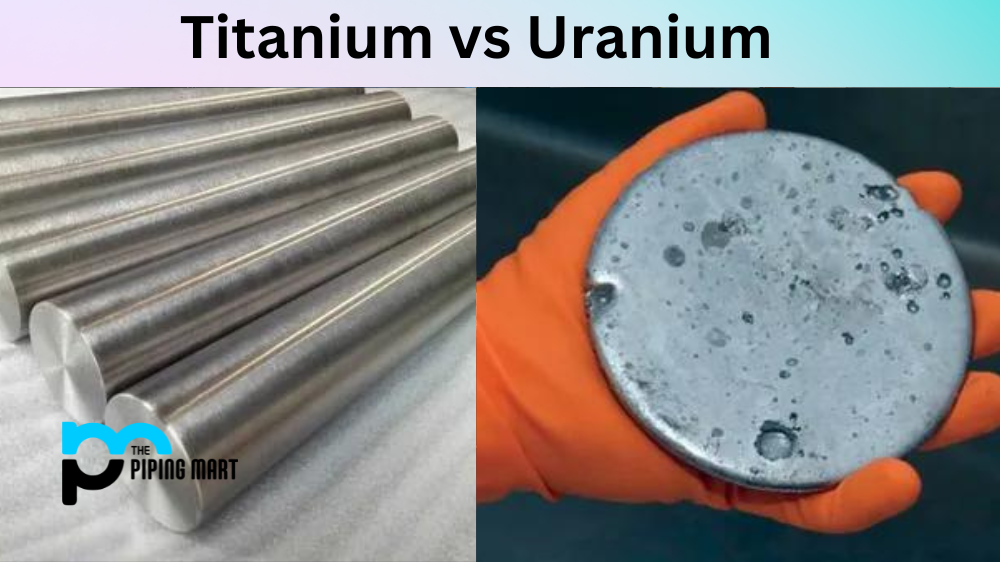When choosing the right material for tools, machinery, or even watches and jewellery, the options available in the market can be overwhelming. One question often arises is whether to go with Japanese steel or titanium. Both materials are highly durable and used in various industries worldwide. In this article, we’ll look at both materials, their properties, and their benefits to help you decide which is better suited for your needs.
What is Japanese Steel?
For centuries, steel has been the standard material for manufacturing cutting tools, knives, and swords. Japanese steel is known for its high carbon content, allowing it to hold a sharper edge for longer. The forging process used in Japan also contributes to the strength and durability of the steel. The steel undergoes heating and cooling, creating a laminated structure, making it less brittle and more flexible. The laminated structure gives Japanese steel its distinctive wave-like pattern, the hamon.
One of the advantages of Japanese steel is its versatility across industries. It is often used in automotive and aerospace manufacturing because of its high tensile strength and durability in extreme conditions. It’s also suitable for knives and cutting tools for professional chefs and woodworking enthusiasts because of its sharpness and edge retention.
What is Titanium?
Titanium is a relatively new material compared to steel and was first discovered in 1791. It is known for its high strength-to-weight ratio, making it an ideal material for applications where weight is crucial. It is also corrosion-resistant, making it suitable for industries exposed to saltwater environments. Because of its low thermal conductivity, titanium is a popular material for aerospace and military applications because it requires less heat shielding.
Jewellery designers also love titanium because of its durability and hypoallergenic properties. Many people allergic to other metals can tolerate titanium jewellery without adverse reactions. Titanium is also a popular material for watches, especially sports watches, because of its scratch resistance, lightweight, and durability.
Difference Between Japanese Steel and Titanium
Both Japanese steel and titanium have their unique properties and benefits. Japanese steel is preferred for cutting tools, knives, swords, and other applications requiring sharpness and edge retention. On the other hand, titanium is ideal for applications requiring lightweight and corrosion-resistant properties, such as aerospace and military applications, jewellery, and watches.
When comparing the cost of Japanese steel and titanium, Japanese steel is generally less expensive. However, the cost will depend on factors such as the quality of the steel and the manufacturing process.
- Japanese steel is made from a higher quality of iron ore.
- Titanium is much lighter than steel, making it ideal for use in aircraft and other applications where weight is a major consideration.
- Steel is much stronger than titanium, making it the better choice for use in construction and other applications where strength is a major consideration.
- Japanese steel is less likely to rust than titanium, making it the better choice for use in outdoor applications.
- Titanium is more expensive than steel, making it the less affordable option for most consumers.
Conclusion
In conclusion, when deciding which material to use, it’s crucial to consider your needs and what benefits each material offers. Japanese steel and titanium have advantages and disadvantages; one material may be better suited for specific applications. Ultimately, it concerns your preferences, budget, and project requirements. We hope this article has provided useful insights and helped you make an informed decision when choosing between Japanese steel and titanium.

A passionate metal industry expert and blogger. With over 5 years of experience in the field, Palak brings a wealth of knowledge and insight to her writing. Whether discussing the latest trends in the metal industry or sharing tips, she is dedicated to helping others succeed in the metal industry.




